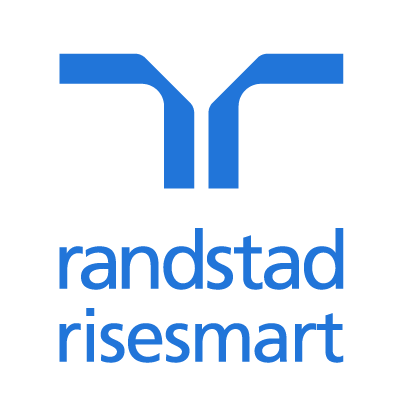Late last year, the National Theatre announced a radical idea: earlier starting times for its performances. For a trial period, on Tuesdays and Thursdays plays would begin at 6.30pm. This was, the theatre said, to reflect changing lifestyles and work patterns, and to give audiences more flexibility when planning their theatre visits.
That set me thinking about employee value propositions (EVPs). Why? Because just as the National has reacted to changes in the way its audiences work and play, and offered a new more flexible option, perhaps the time is ripe for organisations to once again take a look at EVPs. Once very much in vogue, they fell out of fashion when the talent pool was deep. Now that the pool is shallow, and the pressure is very much on to find and retain the best people, perhaps their time has come around again?
So just what makes a good EVP?
A good EVP is a window into the soul of an organisation. It’s a set of expectations and values which differentiate that organisation from its competition. Yes, it’s there to attract talented individuals, but also to make sure that these are people who share those values: talented people who are the best fit within the overall ethos of the organisation. When talent is in short supply and individuals have a wide range of choices, an effective EVP is a beacon that sends a strong signal to attract and hold on to the very best. In short, it is a vital aid to the decision making of those who are looking into that window, and reinforces the choice to stay in those who are already inside.
An EVP needs to include such things as employee’s performance and development. It needs to set out potential career paths, and highlight the values the company holds, and the behaviours it expects of all its employees. These all go together to create a unique sense of just what the organisation is – and is not. It’s clearly not an easy option by any means. It takes hard work and commitment to develop and maintain an EVP.
But what happens when – and if – those principles change? Or, perhaps more importantly, when and if they fail to adapt to reflect changes in the wider world? What if employees themselves no longer see those principles as relevant to the way they live and work?
We’ve talked in previous articles in this series about the ways in which employees have driven a demand towards greater autonomy and flexibility in the way they work and where they work. Covid accelerated many of these trends, and the dilemma facing many organisations is the question of just how far these changes have become a fixed part of any EVP – or are they now open to debate?
Power to the people?
The demand for totally flexible working is no longer seen by some employers as a given part of any EVP. Yet many employees feel that having the choice to work when they want to – and how long the working week should be – is not open to discussion. So where do we go from here? Do organisations nail their flag to the mast of flexibility and autonomy – or do they adapt an altogether different approach? Do we really believe that the office is the only location that allows for collaboration, innovation and team working? Or is there, as the National Theatre example suggests, an alternative which organisations need to seriously consider? That flexibility and agility – even if only on Tuesdays and Thursdays – trumps a ‘back to the future’ approach?
I’m not suggesting for a minute that I have the definitive answer to those questions. There is a debate to be had, and the very different voices in that debate all have arguments which are worthy of consideration. But essential to this debate has to be the future of the EVP: just how do we balance the needs of any business against the expectations of our now very diverse, and in many ways apparently more demanding employees? It’s a debate I’ll be continuing in the next article in this series. In the meantime, do tune into our podcast, in which we’ll be exploring this very issue with a range of leading figures who have plenty to contribute to both sides of the EVP issue.
Michael Esau is global HR advisor for SAP
Our podcasts series, The Human Factor, has been created to discuss just such tricky but highly relevant topics such as EVPs. In the podcasts we talk to leading experts about the issues and themes that influence people and the world of work, and they share their thoughts about the skills and techniques you need to succeed. The whole catalogue of episodes is available right here.
To find out more about how technology and forward thinking help you to answer the vital questions which your business needs to address, contact SAP.












